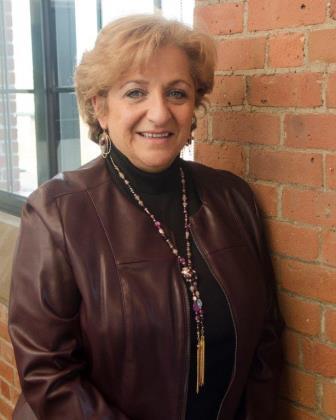Ombudsman can help navigate concerns at long-term care facilities
Q: My neighbor made the difficult decision to place her husband in a long-term care facility as his needs became more than she could handle. She visits him several times per week, and, on some occasions, has found him in unacceptable conditions. Now she is riddled with guilt about not keeping him at home. She hesitates to make a formal complaint, fearing her husband will be a victim of retaliation. What advice would you give her?
A: Your neighbor must make every effort to act as his advocate and oversee the quality of his care since he cannot do this himself. Some people are reluctant to voice their disapproval in a medical facility either because they view healthcare professionals as authority figures, or they are wary of possible retaliation.
Your neighbor can consider several approaches. The first step she can take to resolve the issue is to speak directly to the staff at the facility about her concerns. She should carefully gauge their response. Mistakes are not always intentional, and staff members may express sincere remorse. If she encounters resistance, defensive behavior, denial, or disregard for her concerns, then it may not be possible to resolve the situation in-house.
Her next option would be to file an official report to the Long-Term Care Ombudsman Program, a service available in every state, although the name may vary. Ombudsmen are assigned to cover every facility licensed to provide care. These highly trained volunteers assume the role of advocates for residents, investigate reports filed against the facility, and mediate disputes. They can offer an effective way to resolve conflicts. Information about the Ombudsman Program should be prominently displayed throughout any facility.
The Ombudsman may tell your neighbor she has the right to file a report with the state agency which oversees licensure and compliance for long-term care facilities. If the report is investigated and the facility is found to be at fault, serious actions may be taken.
Not all of us are comfortable or adept at dealing with confrontation, but it doesn’t need to be a negative experience. Everyone’s goal should be to resolve any issues, improve the quality of care, and prevent the situation from happening in the future. If you have concerns about a loved one in a long-term care facility or want information about our Long-Term Care Ombudsman program, call us at 1-800-892-0890.
Are you struggling to care for an older adult or having difficulty finding resources? Our experienced staff is available to help. Visit us online at www.ESMV.org for more information. You can also call us at 1-800-892-0890 or email ageinfo@esmv.org. Joan Hatem-Roy is the Chief Executive Officer of Elder Services of the Merrimack Valley and North Shore.
Recent Posts
Categories
- Aging Unbound
- Annual Golf Classic
- Ask Joan – Weekly Q and A Column
- Caregiver Events and Workshops
- Caregivers Connect
- Caring for Someone with Alzheimer’s or Dementia
- Changing Aging
- Community
- COVID19
- Digital Access
- For Families and Caregivers
- General
- General Ideas and Support
- Geriatric Support Services
- Grandparents / Kinship Caregivers as Parents
- Health Worker
- Healthy Aging
- Inspiring Aging
- LGBTQ+
- Long Distance Caregiving
- Making Connections
- Medicare Resources
- New to Caregiving
- Nutrition
- PCA
- Program Update
- Resources
- Scam Alert
- Self Care for the Caregiver
- Uncategorized
- Veterans
- Volunteering
- What’s New Out There
- Years of Service
Tags
Affordable housing agespan Alzheimer's awareness caregiver Caregiver Care caregivers Caregiver Support clutter Cognitive community Connection Dementia diabetes education General Caregiving golf golf classic Grandparents health healthy aging hiring Hoarding housing learning Long Distance Medicare meditation memory cafe Memory Loss mental health Music and Memory Nutrition older adults older americans month personal care report elder abuse Resources Self Care SHINE taichi tournament volunteer wellness Yoga

